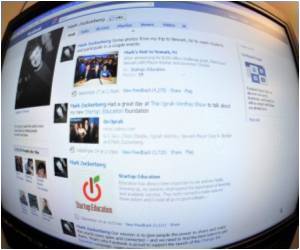
The more reliable red flags that indicate deceit, Geiselman said, include:
When questioned, deceptive people generally want to say as little as possible. Geiselman initially thought they would tell an elaborate story, but the vast majority give only the bare-bones. Studies with college students, as well as prisoners, show this.
Although deceptive people do not say much, they tend to spontaneously give a justification for what little they are saying, without being prompted.
They tend to repeat questions before answering them, perhaps to give themselves time to concoct an answer.
They often monitor the listener's reaction to what they are saying.
Advertisement
They often initially slow down their speech because they have to create their story and monitor your reaction, and when they have it straight "will spew it out faster," said Geiselman. Truthful people are not bothered if they speak slowly, but deceptive people often think slowing their speech down may look suspicious.
Advertisement
They tend to use sentence fragments more frequently than truthful people; often, they will start an answer, back up and not complete the sentence.
They are more likely to press their lips when asked a sensitive question and are more likely to play with their hair or engage in other "grooming" behaviours. Gesturing toward one's self with the hands tends to be a sign of deception; gesturing outwardly is not.
Truthful people, if challenged about details, will often deny that they are lying and explain even more, while deceptive people generally will not provide more specifics.
When asked a difficult question, truthful people will often look away because the question requires concentration, while dishonest people will look away only briefly, if at all, unless it is a question that should require intense concentration.
If dishonest people try to mask these normal reactions to lying, they would be even more obvious, added Geiselman.
The study is detailed in the American Journal of Forensic Psychiatry.
Source-ANI









